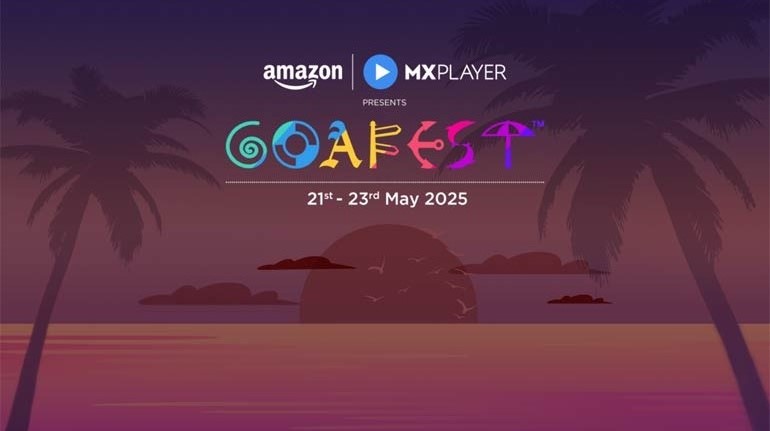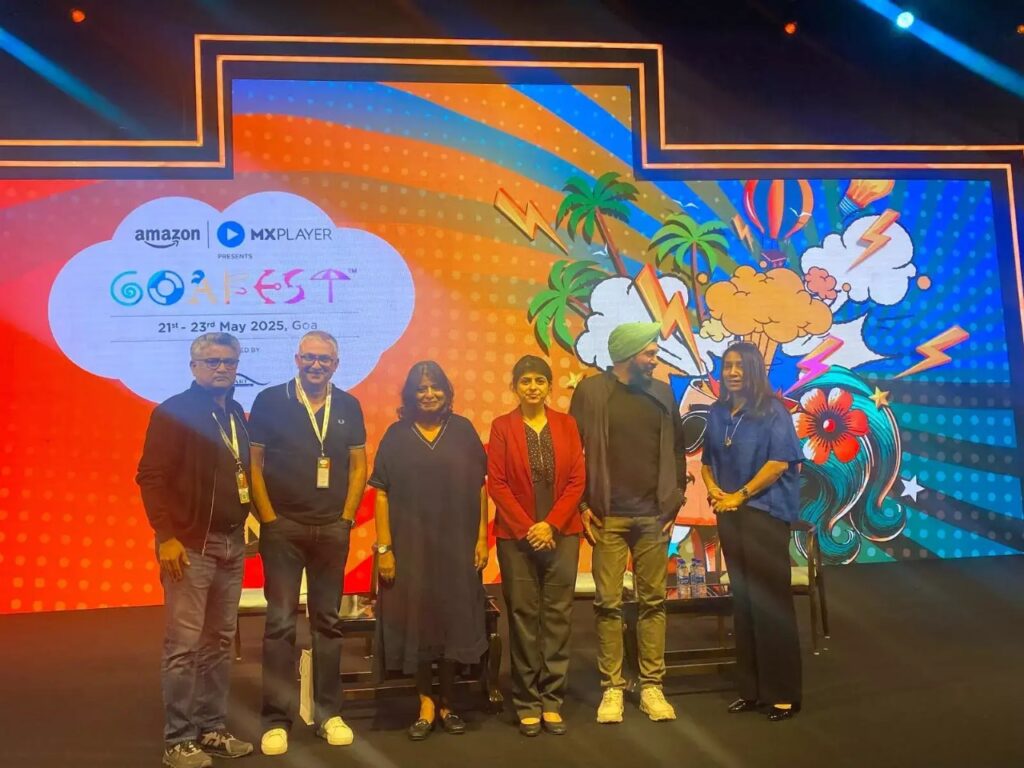As seasoned experts look to the future of consumption, the advertising industry has always been an intriguing melting pot of ideas, but never has it been so. Goafest 2025, where the important subject of “Gen X marketers decoding Gen Z” took center stage, was a fantastic venue to exhibit this. An intriguing division emerged from the discussions: whereas marketers are very interested in understanding Gen Z’s “weird, woke” habits, the data frequently presents unexpected surprises.
Industry powerful competitors Amarjit Singh Batra, Vikram Mehra, and Geetika Mehta were among the panelists at Goafest who unanimously emphasized a number of non-negotiable principles for interacting with Gen Z. Authenticity is a basic requirement, not simply a trendy term. As socially conscious and digital natives, this generation expects companies they support to be transparent, have a purpose, and establish a real relationship. Brands that support social concerns, promote sustainability, and provide a forum for individual expression appeal to them.


The significance of social connections and the value of user-generated content over conventional advertising were frequent themes. Gen Z is a discriminating generation that is resistant to direct marketing. Brands are becoming more and more aware of the necessity of encouraging authentic dialogue, trying out novel strategies, and even giving up some control in order to facilitate meaningful involvement. Saregama’s decision to allow staff members under 30 to curate music is an example of their dedication to including younger people in creative choices.
But when you look at the data, the plot gets more complicated. According to Spotify’s 2025 insights, established artists, rather than their generational peers, were mostly responsible for Gen Z’s top-streamed singles. The research indicates that Gen Z’s choices aren’t necessarily limited to their own demographic, despite marketers’ efforts to adapt to their new creative context. This creates an intriguing contrast. It serves as a reminder that, even while Gen Z sets trends, their spending habits occasionally crossover generational lines.
Goafest’s insights are highly relevant to more general marketing techniques aimed at this significant group. Short attention spans, a preference for visual material, and an innate need for meaning and purpose are characteristics of Gen Z. Since they were raised on a variety of platforms, they are digital natives and anticipate smooth, customized experiences.
The key strategies that have come up in different conversations include:
- Multi-channel Approach: Gen Z spends a lot of time on social media, so it’s important to have a varied presence there.
- Authenticity is essential; brands need to be sincere in both their communications and their behavior. This entails openness, moral behavior, and conformity to societal ideals that are significant to Generation Z. They know how to recognize inauthenticity.
- Purpose-Driven Marketing: Brands must exhibit a dedication to social responsibility and a greater purpose in addition to just selling goods.
- Leveraging Influencers (Wisely): Although influencer marketing has great power, the influencer’s devotion and trustworthiness are crucial. It’s not just about celebrity endorsements; it’s about real connection.
- Adopting User-Generated Material: Promoting and showcasing audience-generated material fosters community and trust.
- Giving Up Control: Brands that encourage innovation and empower younger teams are more likely to connect.
In the end, the discussion at Goafest 2025 and the industry research that followed indicate that generational participation is not necessarily necessary to comprehend Gen Z. Gen X marketers with experience offer a long-term view and crucial strategic depth. Combining this knowledge with the flexibility and urgent needs of the Gen Z environment is their task.
This interesting partnership holds the key to marketing’s future: a combination of long-standing experience and new, innovative ideas from the generation influencing tomorrow’s consumer habits. It all comes down to empathy, lifelong learning, and being prepared to swipe right for relevance in a digital world that is changing quickly.
Written By:
Kesar Khatri

